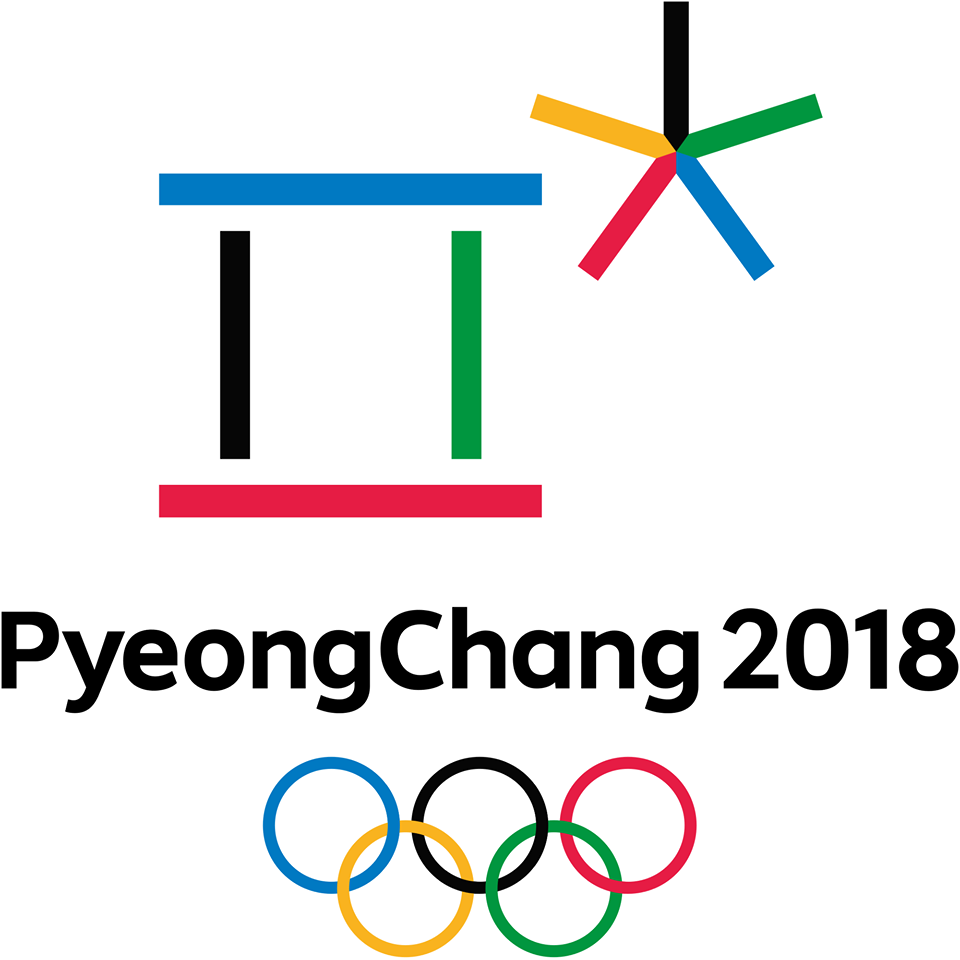News
Russia eyes 2018 PyeongChang Olympics as chance to revive global sports reputation

Russia is setting the highest possible aims for the upcoming 2018 Winter Olympic Games in South Korea’s PyeongChang in order to restore the reputation of the country’s athletes on the international arena, Alexander Zhukov, the president of the Russian Olympic Committee (ROC), said on Friday. (Photo: PyeongChang Winter Olympics 2018/ Facebook)
MOSCOW–Russia is setting the highest possible aims for the upcoming 2018 Winter Olympic Games in South Korea’s PyeongChang in order to restore the reputation of the country’s athletes on the international arena, Alexander Zhukov, the president of the Russian Olympic Committee (ROC), said on Friday.
“In light of the upcoming Olympic Games we must imply maximum of our efforts to offer the best conditions for preparations,” Zhukov said. “In line with our plan, we will be using our sports training bases in the country’s Far East.”
“The Russian sports society is facing a very serious task and if we, just like our national team in Rio, are jointly solving all problems, we will be successful and will restore the reputation of Russian sports on the international arena,” the ROC president added.
Last year, a significant number of Russian athletes were banned from taking part in the 2016 Summer Olympic Games in Brazil’s Rio de Janeiro following a report from the WADA Independent Commission and its chairman, Canadian sports law professor Richard McLaren.
In particular, the whole Russian national track and field team was barred from the Rio-2016 Games, except for long jumper Daria Klishina, who had been living and training outside her country.
In the further development of events, the whole national team of Russia was suspended from taking part in the 2016 Summer Paralympic Games.
According to Part Two of the report, delivered in early December last year in London, more than 1,000 Russian athletes competing in summer, winter and Paralympic sports could have been involved in an alleged manipulation scheme to conceal positive doping tests.
Part Two of McLaren’s report claimed in particular that doping samples of 12 Russian medalists of 2014 Winter Games in Sochi had been tampered with. In addition, doping tests of two more Russian athletes, who won four gold medals of the 2014 Sochi Olympics, had been falsified as well.
The IOC Executive Board convened a special session last year on May 17 discussing efforts of stepping up the fight against the drugs cheats and furnish measures to protect clean athletes ahead of the Olympics in Rio. As part of its anti-doping efforts, IOC ordered reanalysis of doping samples of athletes from 2008 Olympics in Beijing and 2012 Olympics in London.
Following two rounds of re-testing, 98 Olympians were reported to test positive for banned substances – 60 from the 2008 Games and 38 from the 2012 Games.
Among them were over 25 medalists from both Olympics.
Last month, the International Olympic Committee informed TASS that it extended its official invitation to the Russian Olympic Committee to join the 2018 Winter Games in South Korea’s PyeongChang.
The next Winter Olympics, which are XXIII Winter Olympic Games, will take place in South Korea’s PyeongChang on February 9-25, 2018 and Russia’s participation in the event is still under a question.





















